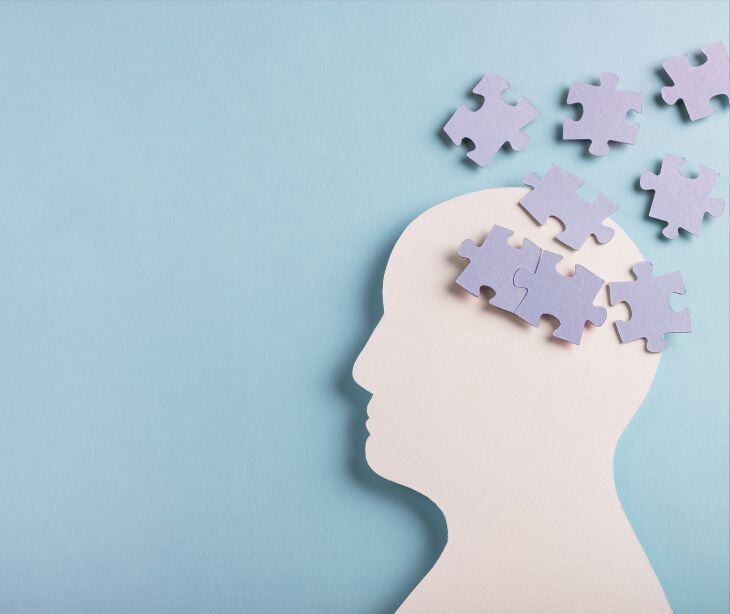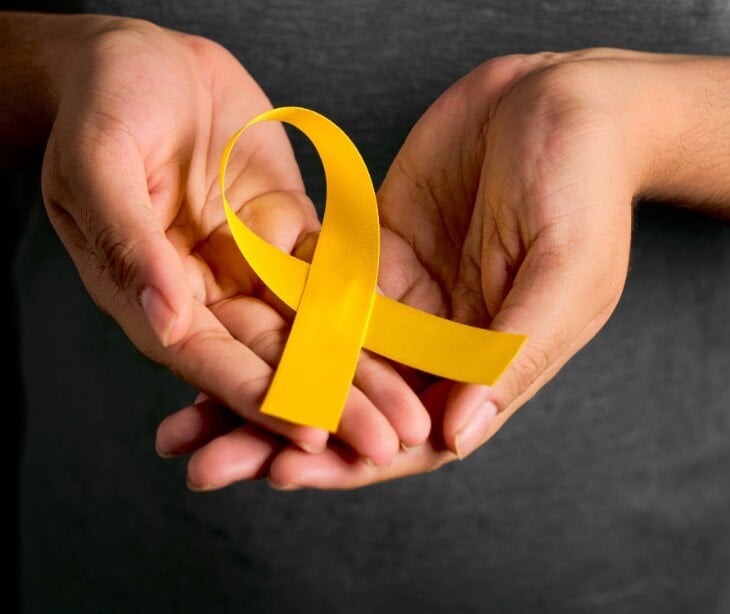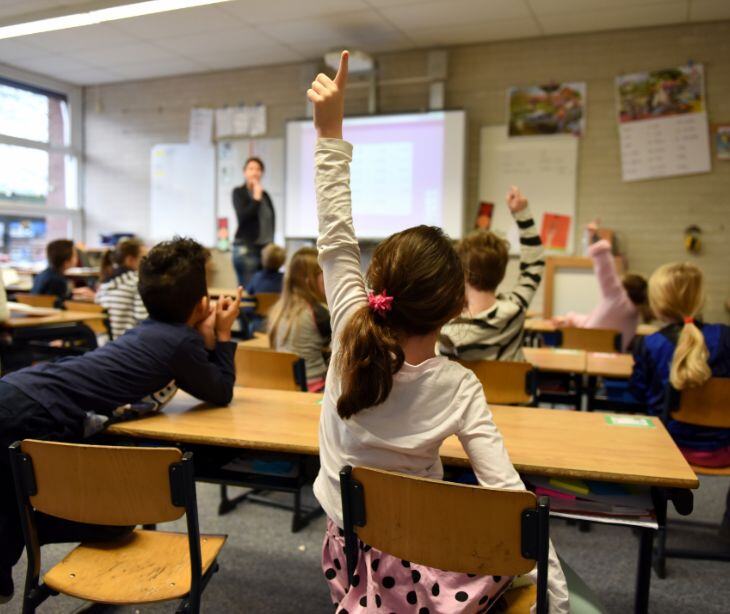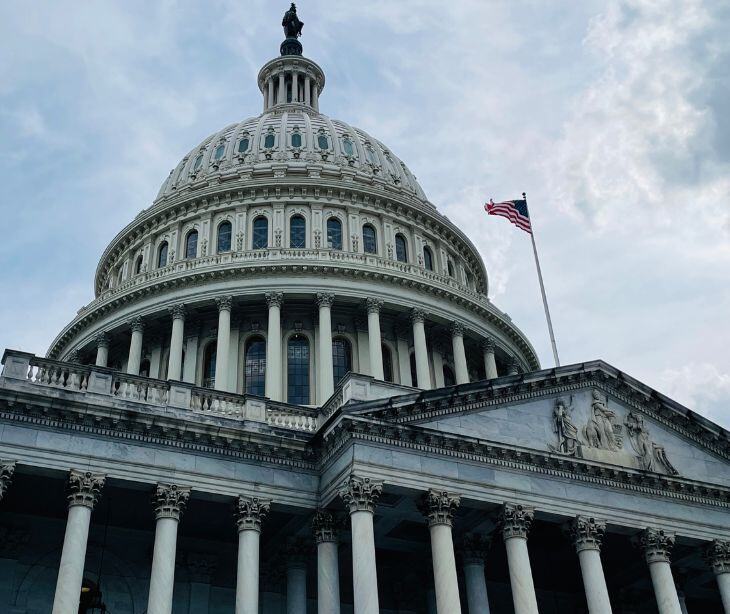3 min read
Unpacking HHS mental health accomplishments by the numbers
Caitlin Anthoney June 21, 2024

The U.S. Department of Health and Human Services (HHS) recently published a report on its improved mental health initiatives. HHS’s accomplishments in mental health reflect a comprehensive approach, addressing crisis intervention, early intervention, workforce expansion, and community support.
Specifically, their investments and strategic partnerships improve access to mental health care, support diverse populations, and increase resilience in communities.
Launch of 988 lifeline
Since its launch in July 2022, the 988 Suicide & Crisis Lifeline has received over 9.5 million calls, marking a transformative step in crisis intervention. As HHS reports, “Improved answer rates to more than 90 percent across all modalities.”
Additionally, the service now includes nationwide text and chat options in both English and Spanish and introduced specialized services for LGBTQI+ individuals and videophone services for the deaf and hard of hearing.
Read also: Using text messaging for suicide prevention among LGBTQ individuals
Expanding community behavioral health services
The Substance Abuse and Mental Health Services Administration (SAMHSA) invested over $1.75 billion in its Certified Community Behavioral Health Clinic (CCBHC) Expansion grant program, reaching 473 communities nationwide.
SAMHSA and the Centers for Medicare & Medicaid Services (CMS) also aim to add ten more states to the CCBHC demonstration by July 2024, establishing a “sustainable payment structure for comprehensive mental health services”.
Related: Using new HHS Rule in text message-based substance abuse interventions
Strengthening crisis response and early intervention
In the financial year 2024 alone, SAMHSA provided $1.01 billion in funding to support public mental health systems across the U.S., benefiting approximately 8.3 million people.
More specifically, “The Mental Health Block Grant (MHBG) funding included $95.4 million for early serious mental illness and $47.7 million for crisis response systems,” ensuring timely and effective interventions for those in need.
Read also: HIPAA compliant text messaging for crisis intervention
Enhancing the behavioral health workforce
HHS has expanded the behavioral health workforce to meet the growing demand for mental health services. As of January 1, 2024, over 400,000 marriage and family therapists and mental health counselors can independently treat Medicare beneficiaries.
Ultimately, this policy will improve access to care for more than 65 million Americans, “ensuring an adequate number of Outpatient Behavioral Health facilities” across healthcare plans.
Related: Using email for mental health support among healthcare workers
Supporting mental health in schools
HHS has also focused on integrating mental health services into schools and communities, awarding almost $60 million through the Bipartisan Safer Communities Act for mental health training for primary care clinicians.
In December 2023, the CDC released its Mental health action guide to help school leaders promote students’ mental health. In the first two months after the guide was released, the webpage received nearly 50,000 cumulative page views.
Additionally, 16 states have integrated Medicaid billing for mental health services in schools, backed by $50 million in grants. SAMHSA’s funding of $185.7 million for child and family-serving grants improves early intervention and support in educational settings.
Advancements in telebehavioral health and technology
The Indian Health Service (IHS) has expanded telebehavioral health services, providing over 266,736 telebehavioral health visits in the past three years. The initiative has saved over $1 million in travel costs and increased access to care in Tribal communities.
Moreover, HHS is investing over $20 million in advancing health information technology in behavioral health settings, ensuring that technological advancements support mental health care delivery.
Go deeper: Improving mental healthcare through HIPAA compliant email marketing
Addressing the opioid epidemic and promoting resilience
HHS has made progress in combating the opioid epidemic and promoting resilience among children and youth. More specifically, opioid prescribing was reduced by over 70 percent, and the availability of naloxone increased, reducing overdose risks.
Additionally, the Children & Youth Resilience Challenge has awarded 14 finalists to pilot community-led solutions, promoting resilience and mental well-being among young people.
Comprehensive suicide prevention program
According to the HHS, the “CDC awards $21M per year to 24 recipients to carry out the Comprehensive Suicide Prevention Program to implement and evaluate a comprehensive public health approach using evidence-based prevention strategies…” Additionally, their suicide prevention resource for action helps emergency departments gather near real-time data on nonfatal suicide incidents, allowing states to respond to emerging trends.
FAQs
Does HIPAA apply to mental health information?
HIPAA sets standards for protecting the confidentiality, integrity, and availability of protected health information (PHI), including mental health records.
Can mental health information be shared without patient consent under HIPAA?
Generally, no, but there are exceptions for emergencies, public health concerns, and legal requirements.
What rights do patients have under HIPAA regarding their mental health information?
Patients have the right to access, request corrections to, and obtain a copy of their mental health information.
Subscribe to Paubox Weekly
Every Friday we'll bring you the most important news from Paubox. Our aim is to make you smarter, faster.



